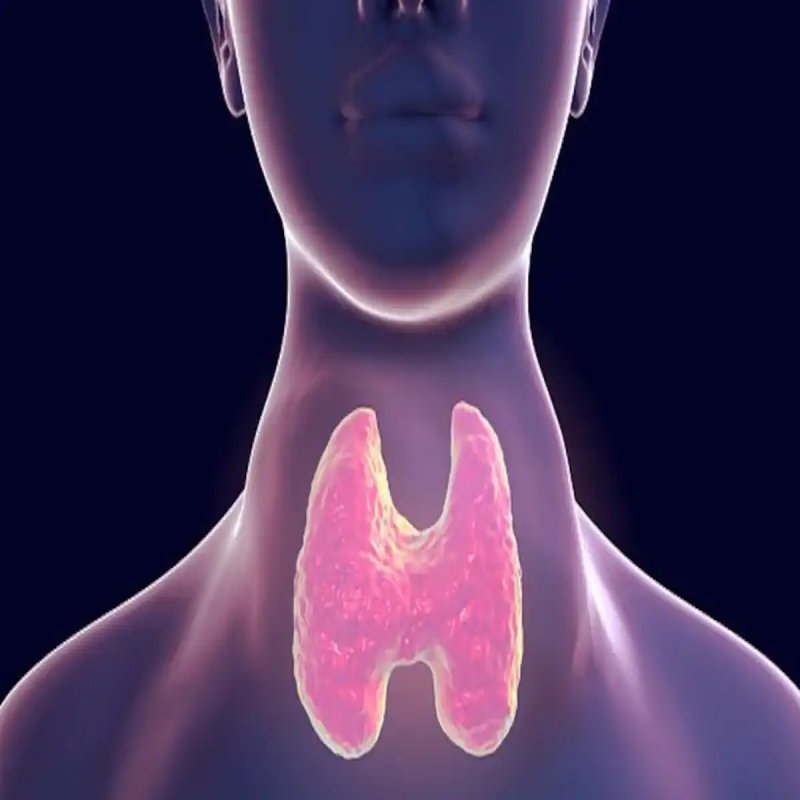
My friend thought her swollen throat was just a case of throat infection, which is quite common during such a season as the winter. Nowadays, she is inexplicably tired all the time, gains weight without any reason, and is crankier than usual. Her body showed signs, but she chose to disregard them as nothing. The reason behind these symptoms was a deep-rooted medical condition called hypothyroidism that affects an estimated 4–5% of the population worldwide. A recent survey conducted by the Indian Thyroid Society showed awareness of hypothyroidism ranked ninth as compared to other common ailments! Read on to learn how untreated hypothyroidism can affect your health.
Thyroid Function and Hypothyroidism
The thyroid gland is a small, butterfly-shaped gland located inside the front part of your neck that is responsible for the production of thyroid hormones. Thyroid hormones are responsible for regulating a variety of important body processes, including metabolism (a process by which your body converts what you eat and drink into energy) and heart rate. Unfortunately, sometimes thyroid hormone levels can fall below the optimum range in certain individuals due to a variety of reasons. This is hypothyroidism.
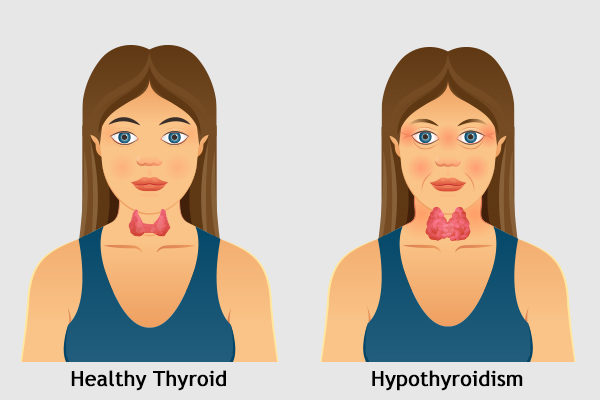
Hypothyroidism affects people of all ages, ethnicities, and backgrounds across the globe. It is the most common thyroid disorder that affects our health. Hypothyroidism occurs primarily due to the failure of thyroid gland function and secondarily due to inadequate production of the thyroid stimulating hormone (TSH). TSH is a hormone secreted by the pituitary gland that stimulates the thyroid gland to produce thyroid hormones.
Thyroid hormones include two hormones, triiodothyronine (T3) and thyroxine (T4). The primary function of these hormones is to regulate metabolism. In hypothyroidism, the thyroid gland is unable to produce enough thyroid hormones. Individuals suffering from hypothyroidism are likely to show a wide variety of symptoms of varying levels of severity.
Hypothyroidism Symptoms
Thyroid hormone deficiency or low levels of thyroid hormones affect many critical body functions such as the rate of metabolism and protein synthesis. Hypothyroidism symptoms are variable and vary from person to person. Some hypothyroidism symptoms are:
- Fatigue
- Excessive hair fall
- Dry skin and brittle nails
- Depression
- Muscle cramps
- Goitre (swelling of the thyroid gland)
- Constipation
- Irregular periods in women
- Unexplained weight gain
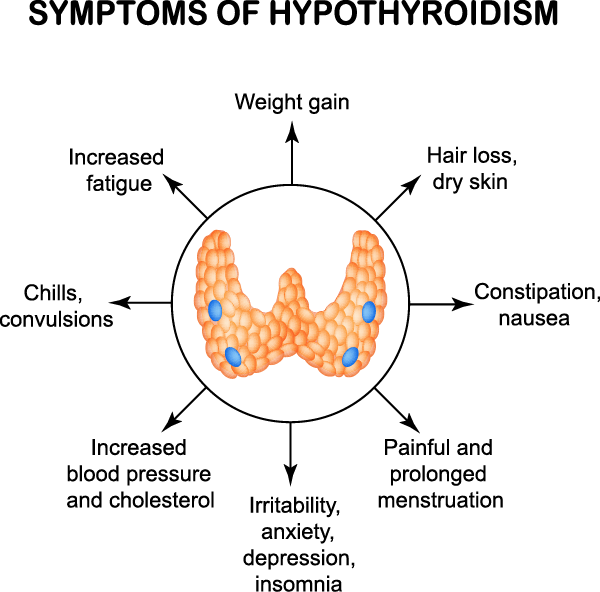
After the blood test confirms Hypothyroidism, the doctor further investigates on its causes.
Cause of Hypothyroidism
Anyone can develop hypothyroidism but women older than 60 are at a higher risk of developing this disease. Let’s have a look at some of the causes of hypothyroidism.
Severe Iodine Deficiency
When iodine requirements are not met, the thyroid may no longer be able to produce sufficient amounts of thyroid hormones. Iodine deficiency is a significant cause of mental developmental problems in children, including implications for reproductive functions as well as a lowering of IQ levels in school-aged children. An insufficient supply of thyroid hormones to the developing brain may result in mental retardation.
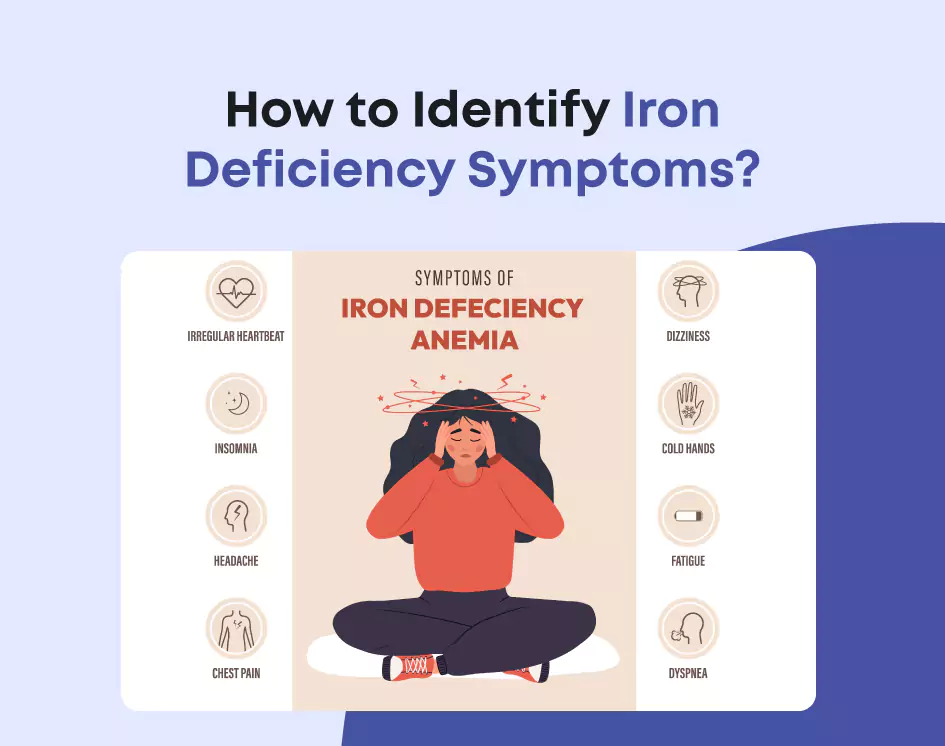
High Dosage of Medicines used for Treating Hyperthyroidism
Drugs used to treat hyperthyroidism also act to prevent thyroid hormone production. They might cause hypothyroidism if the dose is too high. High dosages of hyperthyroidism treatment medicines slow down or totally stop the production of thyroid hormones, which leads to hypothyroidism.

Autoimmune Diseases
An autoimmune disorder leads your immune system to kill the healthy cells of your body. An autoimmune condition destroys the thyroid cells and enzymes of your body which in turn decreases the production of thyroid hormones. This eventually results in hypothyroidism. Autoimmune thyroiditis is an example of an autoimmune disease that affects the production of thyroid hormones.
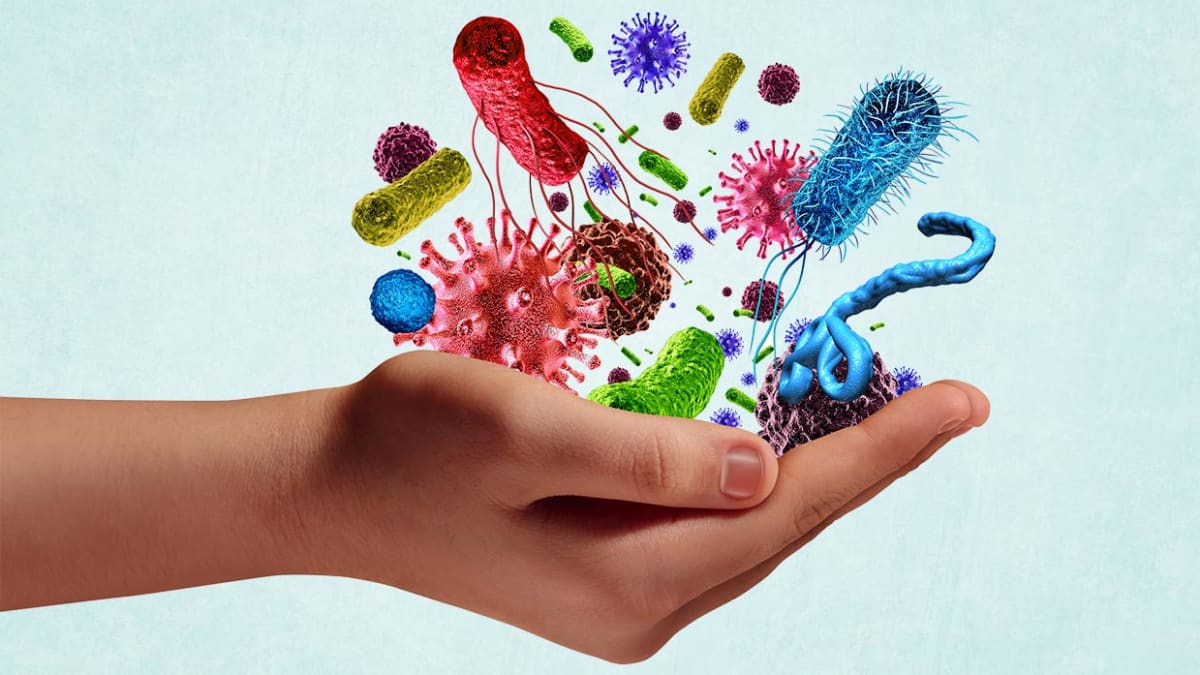
Other causes of hypothyroidism include a family history of thyroid gland disease and radiation exposure, especially to your neck or chest.
Complications of Untreated Hypothyroidism
Untreated hypothyroidism can lead to several complications, such as:
- Mental decline
- Heart disease
- Decreased lung function
- Abnormal enlargement of the thyroid gland (also known as goiter)
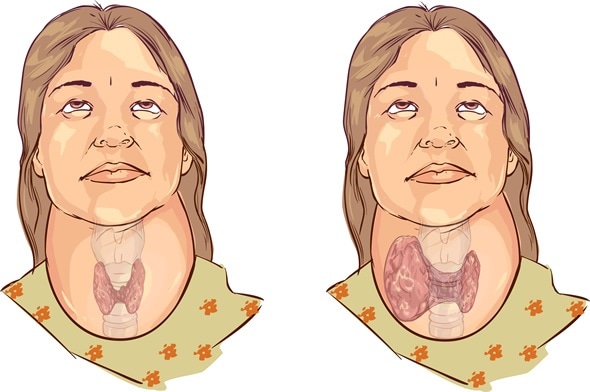
Although rare, severe, untreated hypothyroidism can lead to a life-threatening condition called myxedema, a type of coma that occurs when the body’s level of thyroid hormones becomes extremely low. Approximately 50% of people who develop myxedema die from the condition if it’s diagnosed too late.
Hypothyroidism Treatment
You can manage hypothyroidism successfully with treatment. Hypothyroidism treatment generally involves taking thyroid hormone medication (also known as thyroid hormone replacement therapy) as prescribed by the doctor. Apart from hypothyroidism medication, eating a healthy diet rich in nutrients such as iodine, selenium, and zinc can be beneficial in the treatment process.

Conclusion
Improved public awareness and understanding of hypothyroid disorder will enable patients as well as their families to cope more effectively with the disturbing course of thyroid illness. Thus, awareness is key to preventing thyroid gland disorders.


.png)


